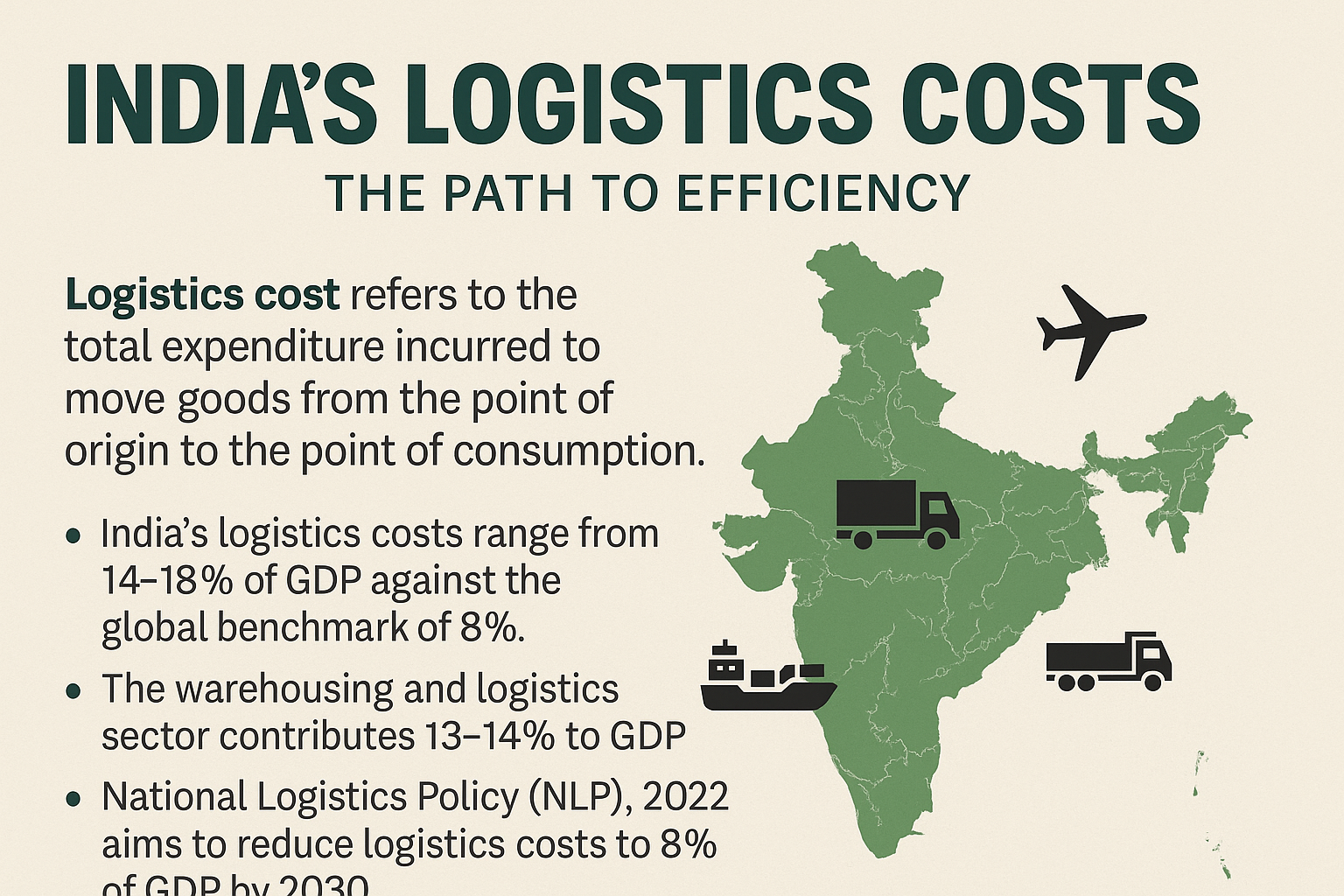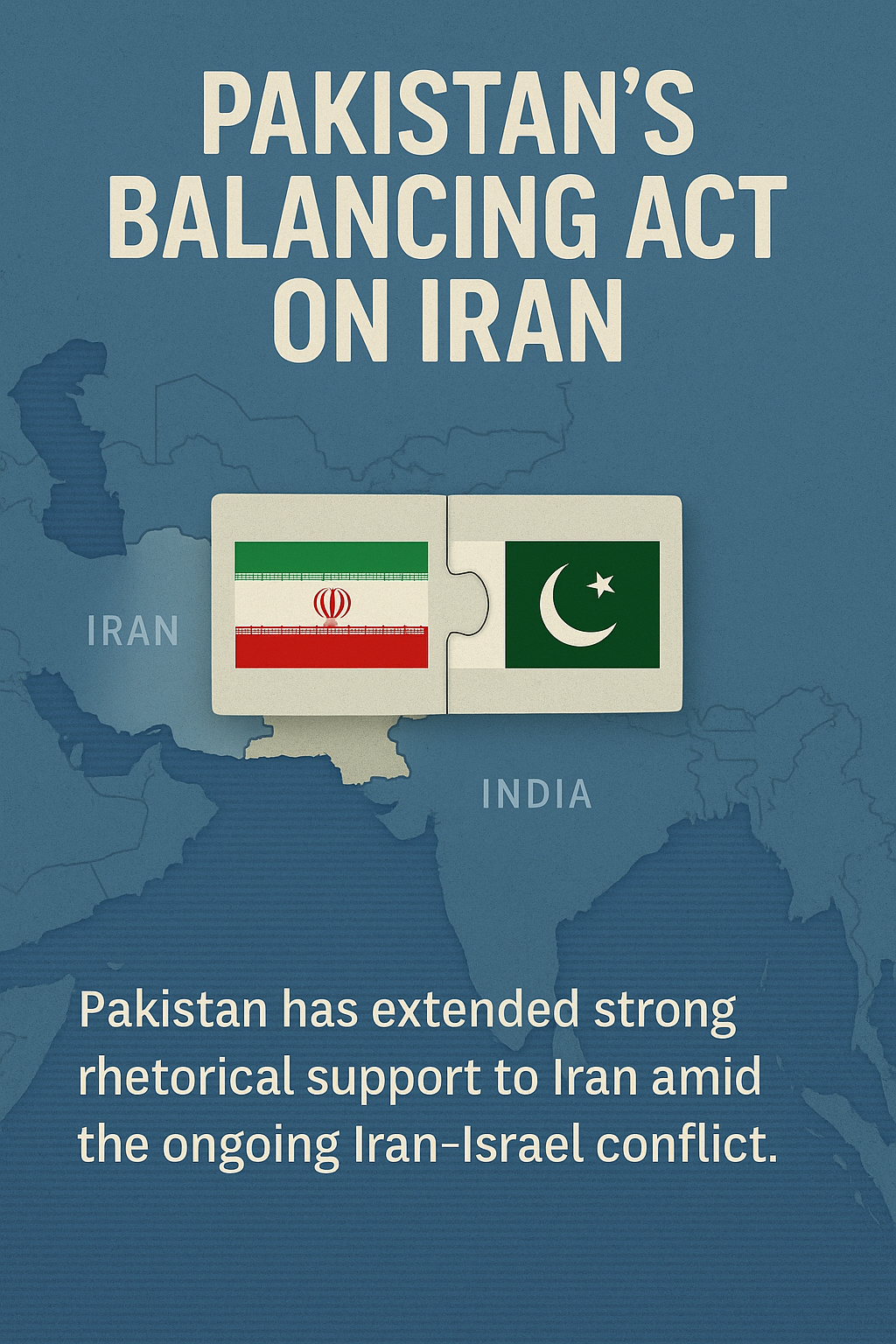213.
⚖️ Health Policy & Ethics
💊 Homeopathy Meets Allopathy – Maharashtra’s Controversial Directive and the Debate on Medical Integration
In December 2025, the Maharashtra Food and Drugs Administration (FDA) issued a directive allowing homeopathic practitioners with a certificate in modern pharmacology to prescribe allopathic medicines.
While framed as a move to bridge healthcare gaps, the decision has sparked fierce opposition, particularly from the Indian Medical Association (IMA), and now faces legal scrutiny in the Bombay High Court.
📜 Background of the Directive
- Originates from a 2014 amendment to the Maharashtra Medical Council Act
- Recognises homeopaths as registered medical practitioners—if they complete a state-approved pharmacology course
- Aims to clarify prescription responsibilities for pharmacists and chemists
But the legal and ethical implications have made this a highly polarising development.
⚖️ Legal Challenges & Previous Rulings
- IMA has filed a case in the Bombay High Court:
- Citing patient safety risks
- Questioning the FDA’s legal authority
- A similar 2017 notification allowing cross-practice was stayed by the court
- Supreme Court (1996): Ruled that homeopaths prescribing allopathy may be guilty of negligence
- Follow-up rulings have generally upheld separation between medical systems, unless explicitly authorised by legislation
👨⚕️ Concerns from Medical Professionals
- MBBS doctors undergo 5.5 years of intensive, evidence-based training
- Homeopaths, with limited modern pharmacology exposure, may:
- Misdiagnose
- Prescribe unsafe dosages
- Overlook critical complications
Experts warn that blurring boundaries without rigorous oversight can compromise patient care.
🏛️ Government’s AYUSH Strategy
- India promotes AYUSH systems (Ayurveda, Yoga, Unani, Siddha, Homeopathy)
- Justified as a solution to rural doctor shortages
- Critics argue this “mixopathy” could:
- Undermine scientific medicine
- Create confusion in healthcare delivery
🏥 Impact on General Practice
- India’s general practice system already struggles with:
- Regulation gaps
- Urban-rural disparity
- Unqualified practitioners
- Allowing short-course-trained homeopaths to prescribe allopathy may worsen systemic instability
⚖️ Understanding the Debate – What Is Homeopathy?
- Founded by Samuel Hahnemann (18th century)
- Based on the principle that “like cures like”
- Uses highly diluted natural substances to stimulate self-healing
- Key Principles:
- Law of Similar
- Minimal Dose
- Individualized Care
- Totality of Symptoms
❌ Concerns About Homeopathy
- Numerous studies show no effect beyond placebo
- Not recommended for:
- Serious infections (HIV, malaria)
- Cancer or post-treatment side effects
- Unregistered trials and lack of data raise reliability questions
- May delay proper treatment, especially in life-threatening conditions
✅ Arguments Supporting Homeopathy
- Historical use across cultures
- Minimal side effects
- Holistic care covering mental and emotional well-being
- Backed by anecdotal evidence and endorsements by:
- Mahatma Gandhi
- Rabindranath Tagore
- Other public figures
🧭 The Way Forward for India
- Evidence-Based Research
- Encourage clinical trials and comparative studies
- Stronger Regulation
- Monitor training, prescriptions, and advertising
- Public Education
- Clarify the limitations and uses of homeopathy and allopathy
- Integrated Yet Safe Healthcare
- Promote synergy without compromising scientific integrity
🕯️ Holistic care is meaningful only when grounded in safety, clarity, and accountability.















